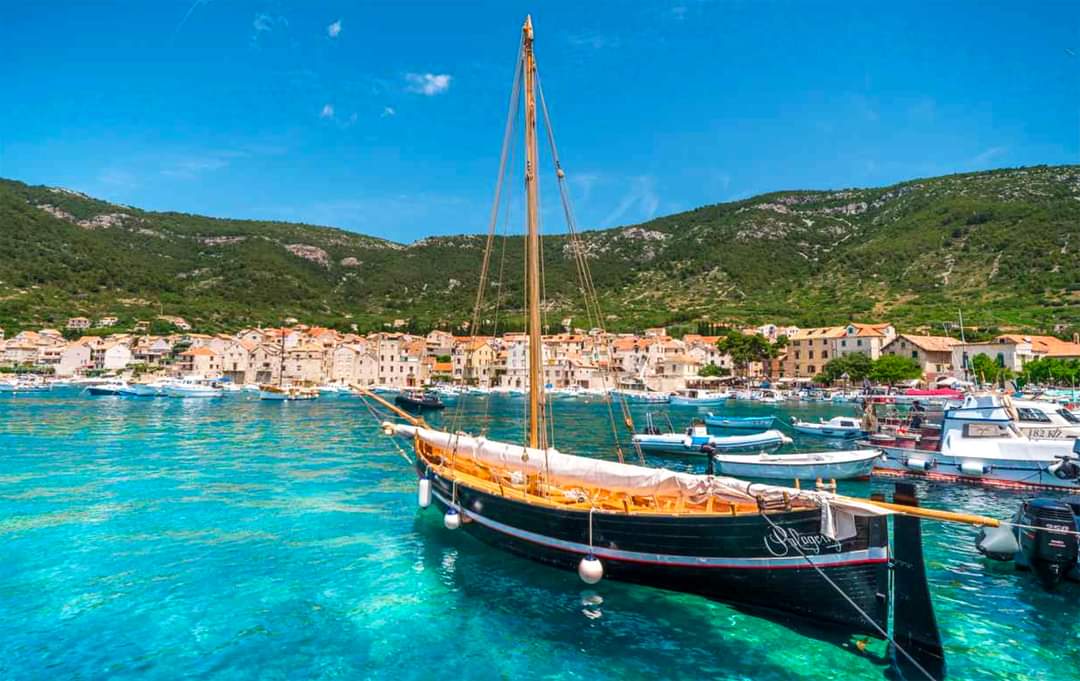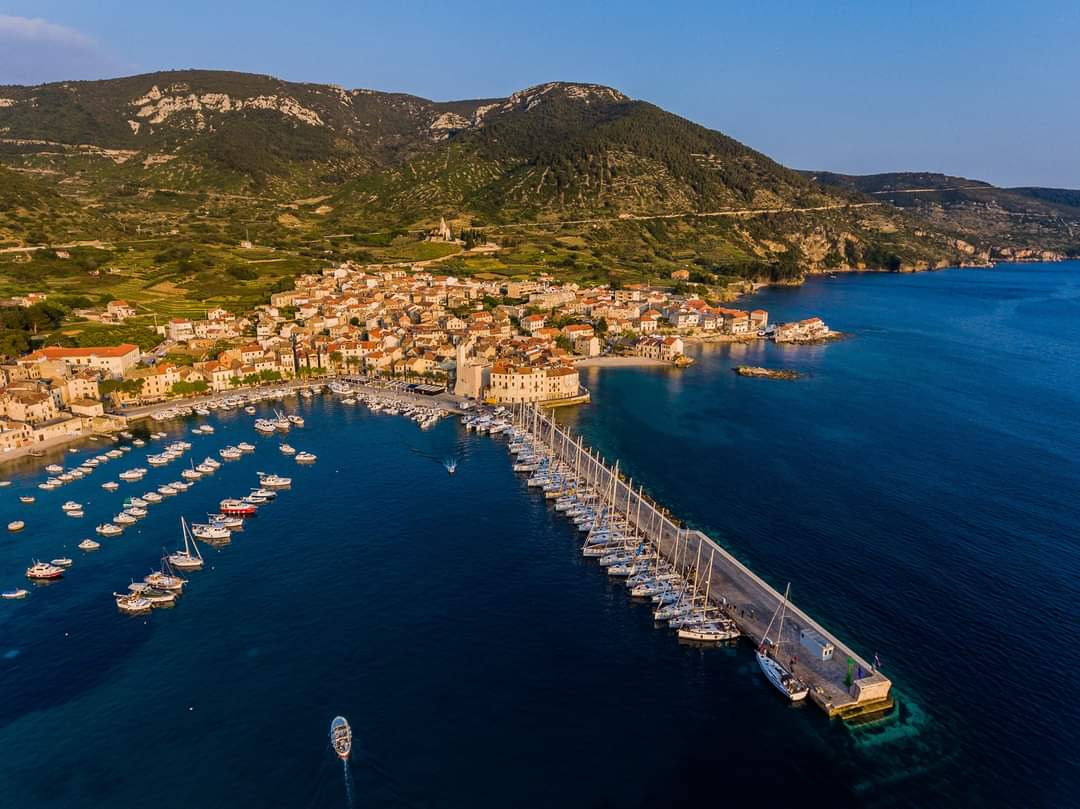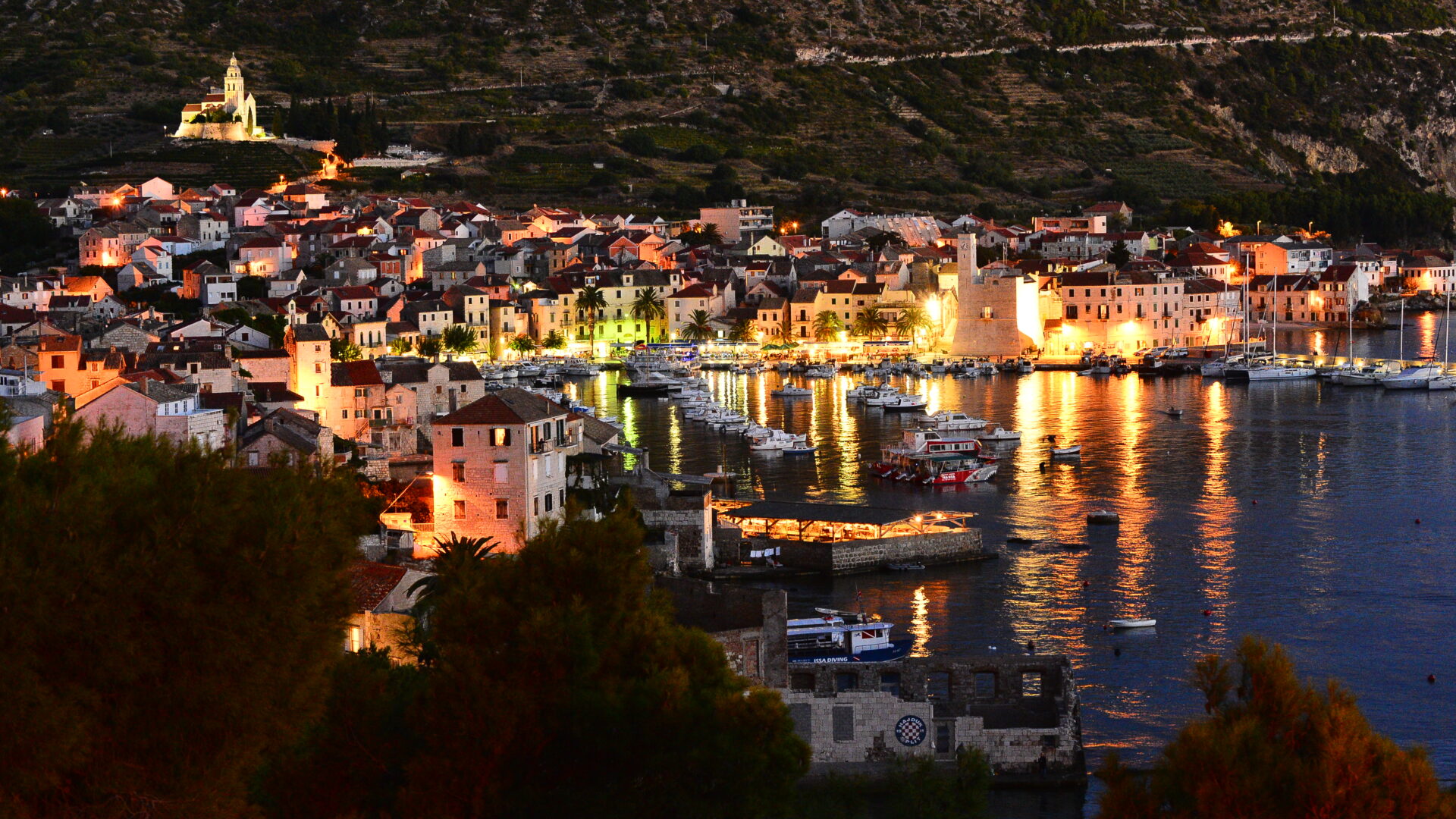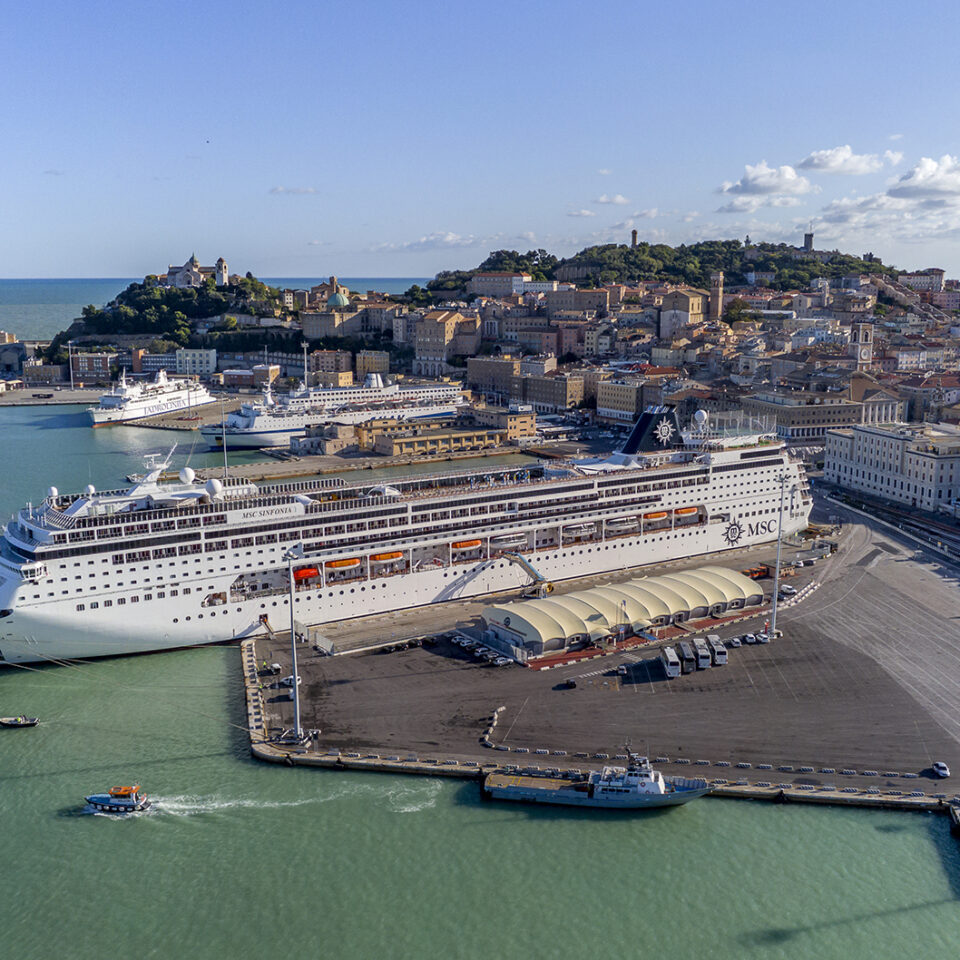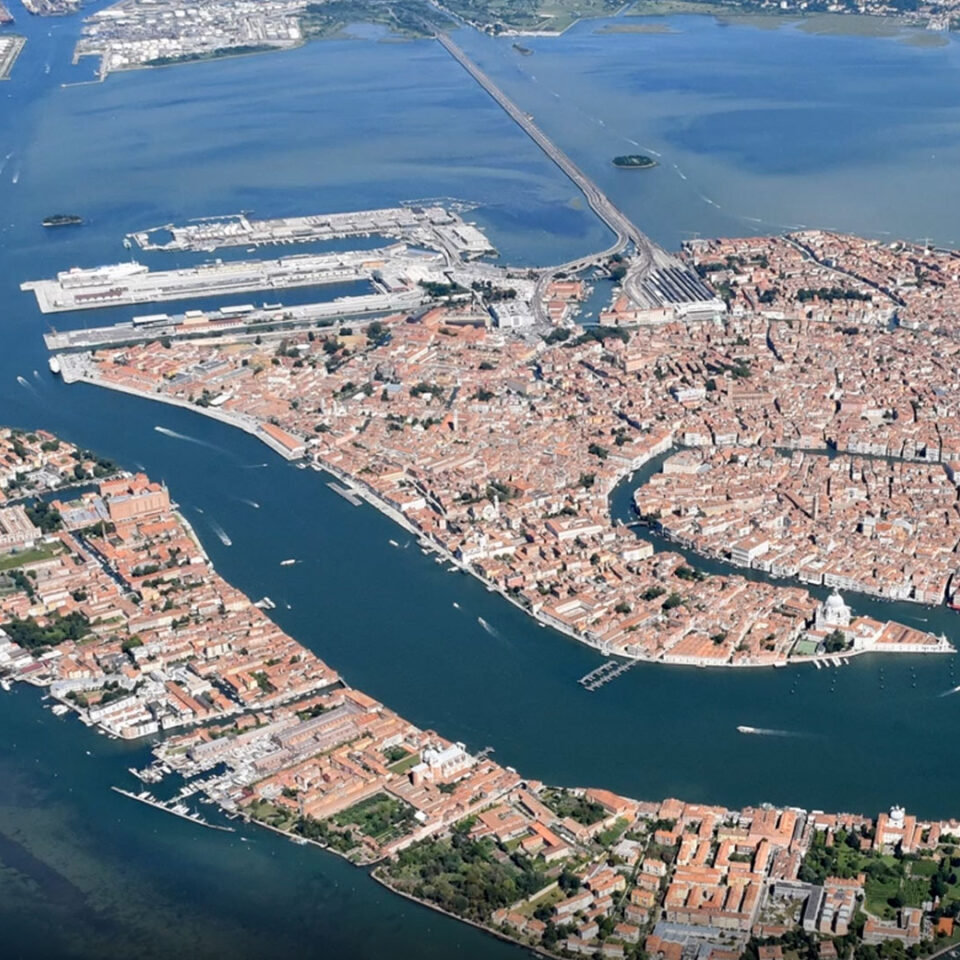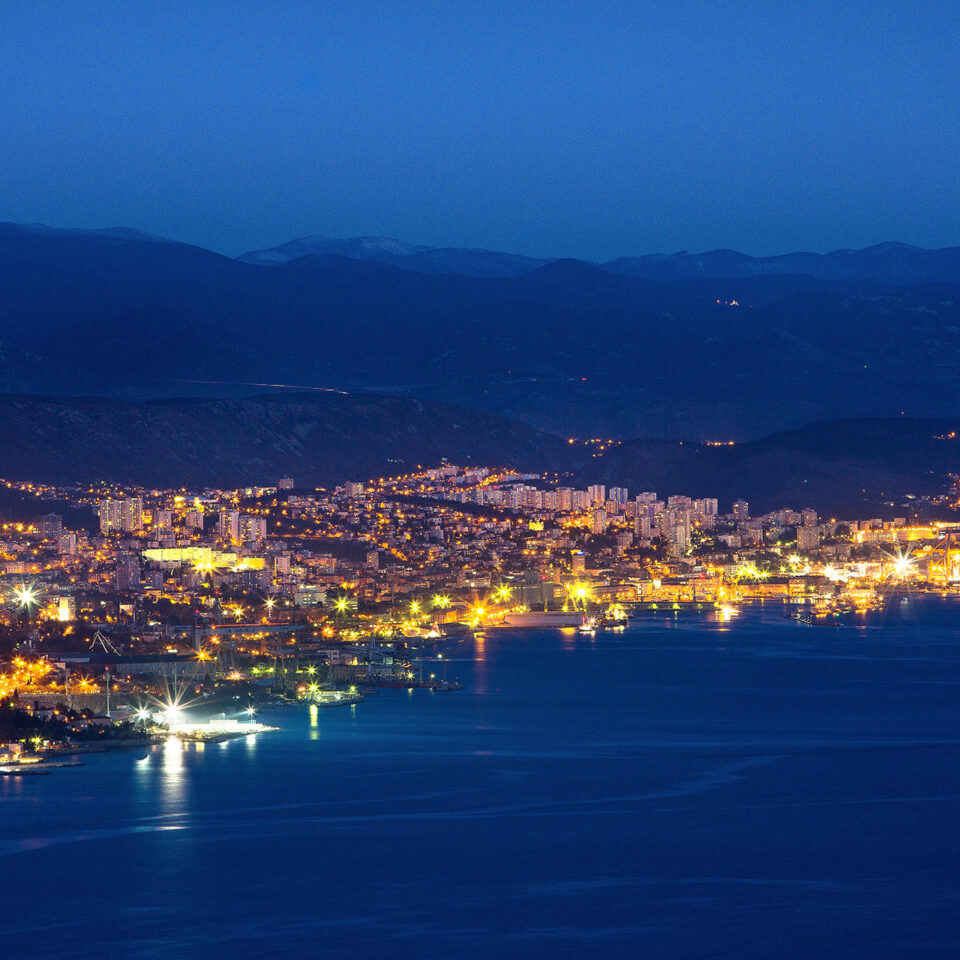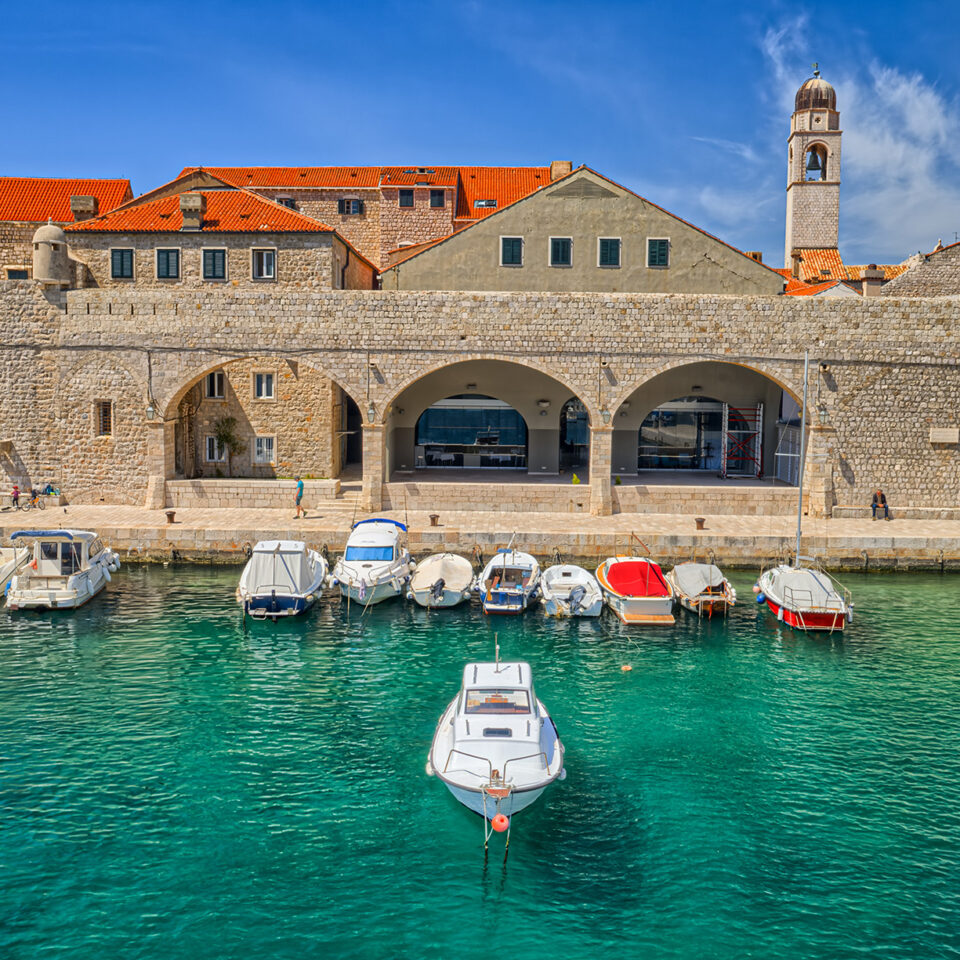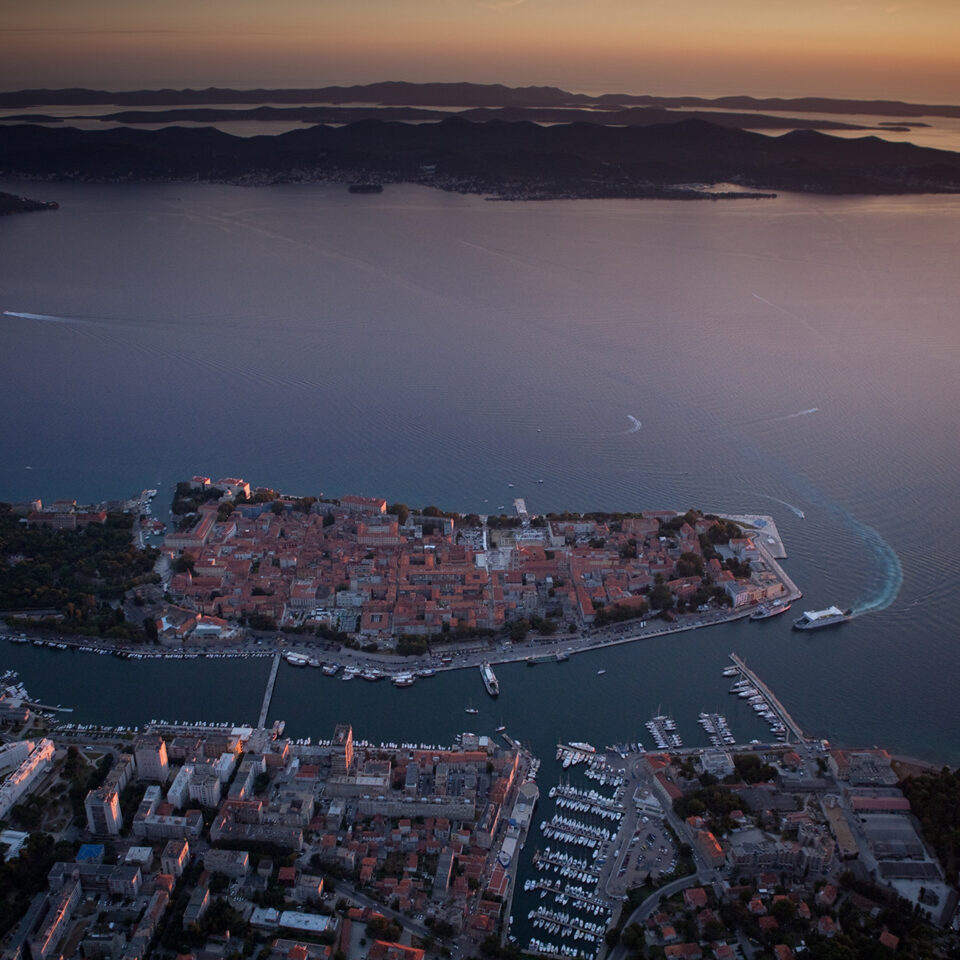


History of fisheries
The town of Komiža, located on the western coast of Vis Island in Croatia, has one of the oldest and richest fishing traditions in the Adriatic. Fishing in Komiža dates back to ancient times, with archaeological evidence indicating that the sea was a vital source of food and livelihood for the island’s early inhabitants, including the Illyrians and later the Greeks and Romans.
By the Middle Ages, Komiža had developed into a significant fishing center, and during the Venetian period (15th–18th century), its fishermen became renowned throughout the Adriatic for their skills and seafaring knowledge. They were among the first in the region to organize seasonal fishing expeditions to remote islands like Palagruža, often lasting several weeks.
One of Komiža’s most iconic contributions to maritime heritage is the falkuša, a traditional wooden fishing boat uniquely designed to handle long distances and rough open sea conditions. It symbolized the ingenuity of Komiža’s fishermen and their deep connection with the sea.
The fishermen of Komiža primarily caught blue fish, including sardines, mackerel, and anchovies, using tools such as nets, longlines, and lanterns for night fishing. In particular, squid fishing (with the “peškafondo” tool) was an essential part of the economy, especially during winter months.
In the 19th and early 20th centuries, Komiža became the leading fishing port on the eastern Adriatic coast. Its fishermen even emigrated to California, particularly to San Pedro (Los Angeles), where they played a key role in developing the American sardine industry.
Despite industrial decline in the late 20th century, Komiža’s fishing tradition has been preserved through cultural heritage initiatives, boatbuilding revivals, and festivals that celebrate its maritime identity.
Today, Komiža is not only a picturesque coastal town but also a living museum of Adriatic fishing culture, with its history proudly carried on by new generations and honored through traditional events such as the “Ribarska noć” (Fishermen’s Night).


